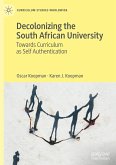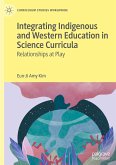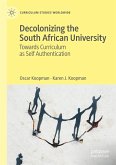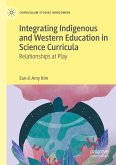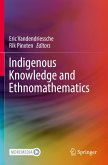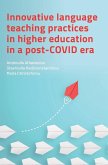Literature indicates that sociolinguists and educationists often claim multilingual practice and Africanizing and Indigenizing education will jeopardize national unity and social cohesion. Such claims delay the implementation of decolonization policies and the transformation of the curriculum under false assumptions. However, research reveals many Indigenous students struggle with higher educational content which is often presented through languages that are unfamiliar to them. This implies that there is a need to uncover resources that can assist in necessitating the implementation of Indigenous education globally and that all multilingual strategies in education must be based on quality mother tongue illustrative content as its foundation. As a result, further research on the subject is necessary to enhance teaching strategies that reach all Indigenous students. Indigenous Teaching Disciplines and Perspectives for Higher Education illustrates the need for the implementation of a decolonized teaching and learning curriculum with integrated resources as models. It explores how to improve Indigenous knowledge content and teaching methods. Covering topics such as cultural identity, African research methodology, and Indigenous media, this book is an excellent resource for teachers, policymakers, school administrators, researchers, scholars, academicians, and more.
Bitte wählen Sie Ihr Anliegen aus.
Rechnungen
Retourenschein anfordern
Bestellstatus
Storno




